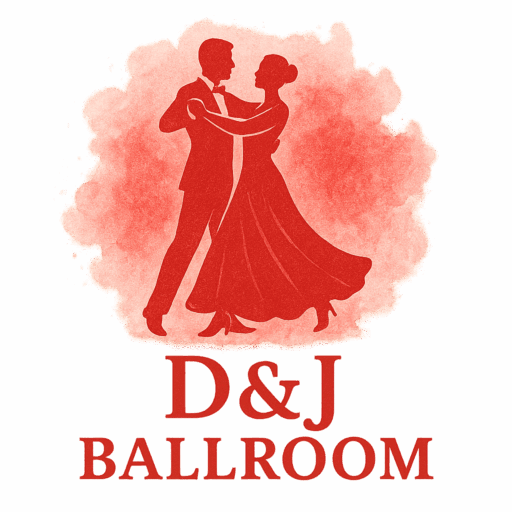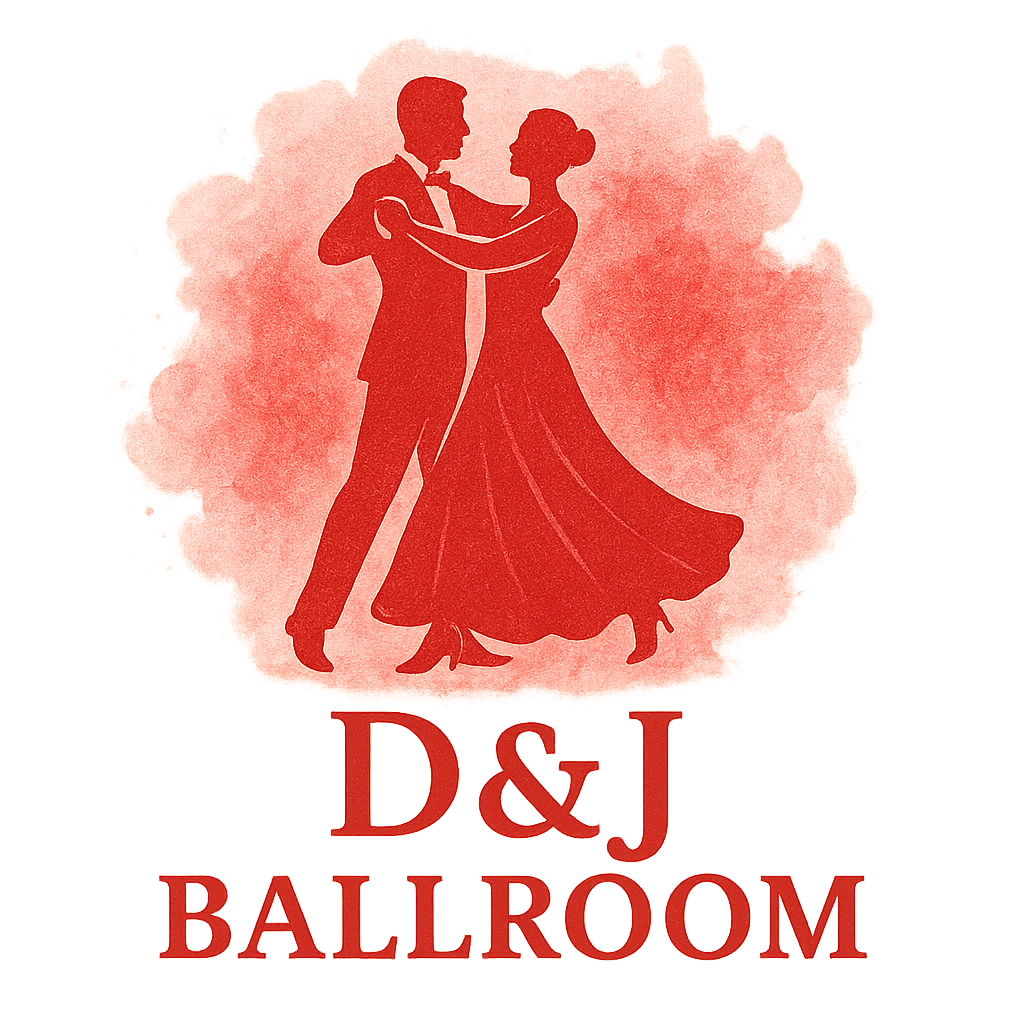Introduction to Ballroom Dance Technique
Ballroom dance is a magical blend of elegance, rhythm, and precise movement. But even the most passionate dancers fall prey to common technical pitfalls. From misaligned posture to sloppy footwork, technique can make or break your ballroom journey. Whether you’re training for a competition or just polishing your waltz, fixing these issues will elevate your game.
1. Poor Posture
Identifying the Problem
You may not realize you’re slouching until you see yourself in a mirror. Poor posture often sneaks in during complex steps.
How to Fix It
Think of a string pulling your head upward. Engage your core, relax your shoulders, and stretch through your spine. Regular posture drills, like those taught on the Ballroom Techniques & Training page, can reinforce alignment.
2. Misaligned Frame
Why It Matters
Your frame is your connection to your partner. Misalignment causes tension and disconnection.
Steps to Realign
Work in front of a mirror with a partner. Keep elbows lifted, shoulder blades slightly drawn back, and maintain equal resistance. These adjustments help uphold your ballroom aesthetic.
3. Inconsistent Timing
Common Causes
Jumping the beat or lagging behind stems from lack of musical awareness.
Building Better Musicality
Practice dancing to a metronome or clap along with songs. Train your ear and muscle memory. The rich culture of ballroom is deeply tied to rhythm.

4. Lazy Footwork
Signs to Watch
Dragging feet, weak toe points, and unclear heel-toe actions indicate lazy footwork.
Drills to Sharpen Foot Technique
Incorporate ankle strengthening, toe pointing drills, and practice precise weight transfers. Dive into structured training methods for better control.
5. Incorrect Rise and Fall (in Waltz)
Technical Pitfalls
Some dancers bounce or rise too early. Both kill the signature smoothness of the waltz.
How to Master Rise and Fall
Use the knees—not the torso—for rise. Timing matters: rise on 1-2, fall on 3. Learn more about waltz flow in our dedicated technique guides.
6. Uncoordinated Turns
Where Dancers Go Wrong
Turns become jerky without a strong core or spot focus.
Training for Smooth Turns
Start with spotting drills and pirouette exercises. Balance and core strength are key. Visit our drills tag for more.
7. Not Using the Floor
Energy and Movement
Floating above the floor wastes energy. Grounding gives you fluidity and power.
Grounding Techniques
Push off the floor with the ball of your foot, and glide using controlled muscle engagement. Learn how pros master floor connection through our training insights.
8. Over or Under Rotation
Effects on Partnering
Your rotation directly affects your partner’s line and momentum.
Controlling Rotation with Precision
Mark rotation spots on the floor. Focus on initiating rotation from the torso, not the arms.
9. Lack of Expression and Styling
Dancing with Emotion
Technique is only half the picture. Expression tells your story.
Ways to Add Character
Facial expressions, arm styling, and body language elevate your performance. Dive into styling ideas at our Ballroom Attire & Fashion section.
10. Skipping Technique Training
Why Technique Matters Long-Term
Skipping the basics to jump to fancy moves leads to shallow performance.
Making Time for Fundamentals
Incorporate warm-ups, foot drills, and frame exercises into every session. Explore consistent training tips.
Conclusion
Mastering ballroom dance is about dedication, repetition, and joy. Each technical error is an opportunity to refine your art. Remember: great dancers aren’t born, they’re trained. So lean into the drills, invest in your posture, and express every beat.
Stay inspired through our rich guides on ballroom dance styles and the fascinating history and culture of this timeless art form.
FAQs
1. How do I improve my posture for ballroom dancing?
Start with core engagement drills and posture checks in the mirror. Revisit Ballroom Techniques.
2. What is the correct way to do rise and fall in waltz?
Rise through the knees on counts 1-2 and fall smoothly on 3. Avoid bouncing.
3. How can I avoid dancing off beat?
Practice with a metronome or clap along with ballroom tracks to improve timing.
4. Why is frame alignment important?
It ensures better partner connection and fluid motion across the floor.
5. What causes poor footwork in ballroom?
Weak ankles, poor coordination, and lack of awareness. Fix it with drills.
6. How can I make my dancing more expressive?
Incorporate emotion through facial expression, arm styling, and body movement.
7. Where can I learn more about ballroom competitions and events?
Check out our page on Ballroom Events & Competitions.


